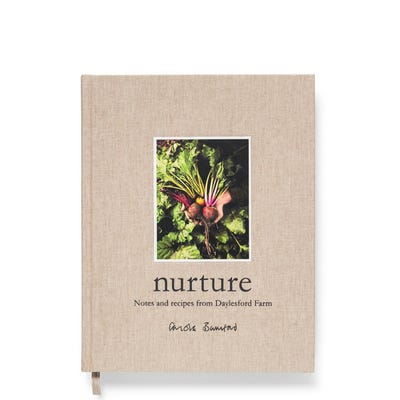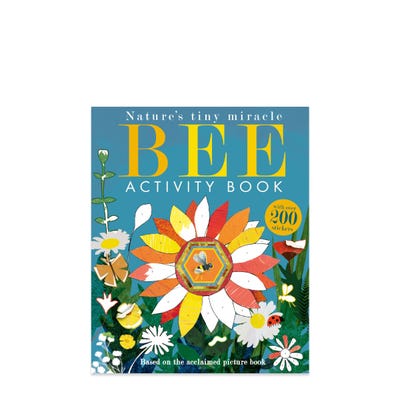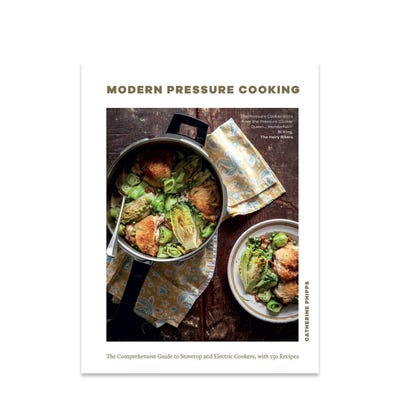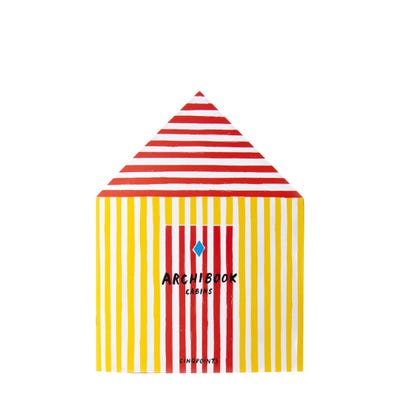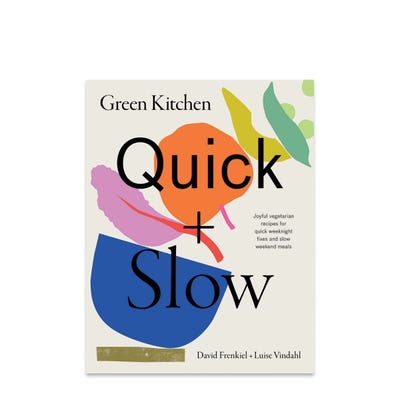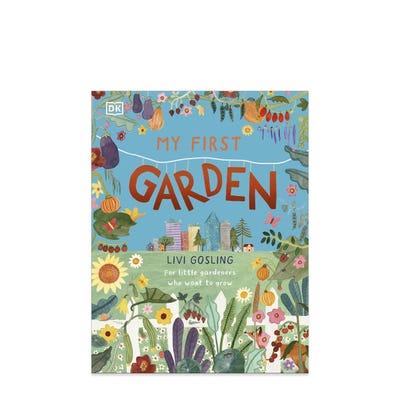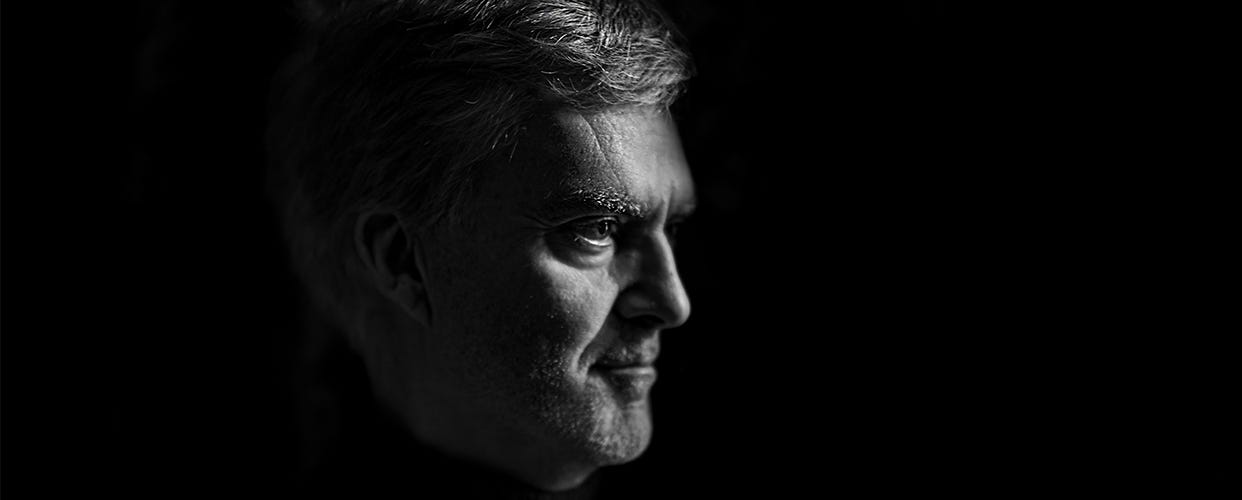Seed Magazine Volume 4
Our fourth volume of Seed reflects on the positives to have emerged from this period of crisis: we consider the communities that have flourished, born out of a desire to tackle its challenges collectively.
| Details |
In the UK, wild swimming groups sprung up around the country, with many braving icy temperatures to experience not only the health benefits and improved mental wellbeing but the bond that unites those willing to take the plunge. We interview Justin Byam Shaw, founder of London charity The Felix Project, to learn about how the pace and scale of its operation had to escalate to cope with the increased demand for its services; and how lives were touched by the volunteers who give up their time to prevent vulnerable communities going without food. |
|---|---|
| Size | 275 x 210mm, 112 pages |
| Material | 100% recycled paper using vegetable inks |
DELIVERY INFORMATION
We use DPD to deliver items to addresses throughout mainland UK.
You may select your preferred delivery day during check-out. Next day deliveries have a cut-off time of 12pm (please note next day delivery is not available on all items).
Gift messages may be added at check-out.
Your order will arrive in a Daylesford branded, 100% recycled cardboard box packed with shredded spruce from Britain and Sweden, natural sheep’s wool insulation and non-toxic chilled gel packs, all of which can be reused, composted or recycled.
Please visit our Delivery & Returns page for more information.







